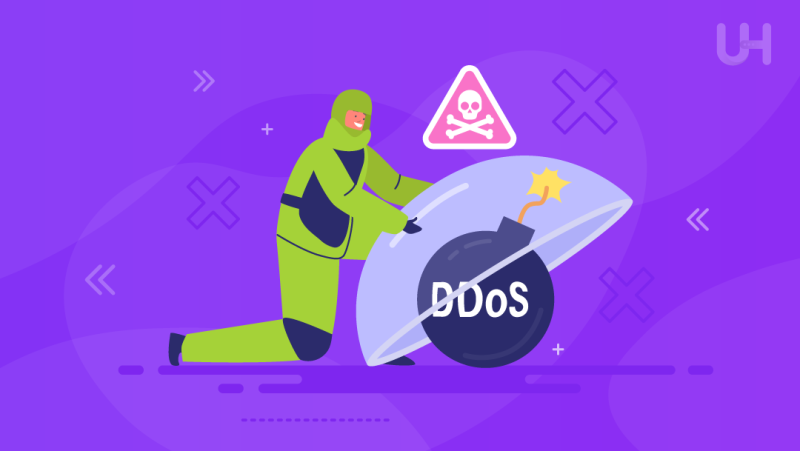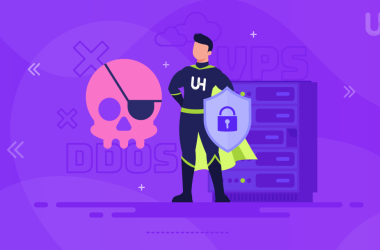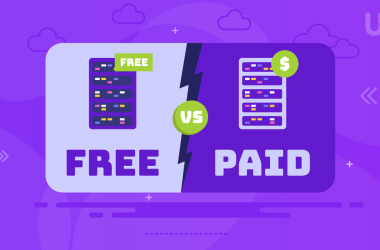DDoS attacks can affect any organization connected to the Internet, regardless of size and bandwidth. If they are successful, they will entail business losses. Do they pose a real threat to your website? And if so, how to prepare a DDoS response plan?
In this article, I will present how to prevent DDoS attacks and solutions you can use to block DDoS attacks.
What is a DDoS attack?
Distributed Denial of Service is a coordinated attack on a network or IT system performed by a botnet of hundreds of thousands of infected computers and other IP devices. DDoS are available as online services – you do not need to have specialist knowledge, just order and pay. And the prices, unfortunately, are affordable.
There are two types of DDoS attacks: volumetric and application layer attacks.
Volumetric attacks
It consists of the mass sending of unwanted data to the indicated IP addresses, which causes the effect of “clogging” the link and blocks network traffic. The Internet connection is efficient but has too little capacity to handle incoming data transmission.
In the real world, it could look like customers couldn’t enter or leave the store because a large group of substituted quasi-customers creates a fuss and artificial crowd in front of too-narrow doors, de facto blocking them.
Application layer attacks and protocol attacks
They consist in exhausting the network infrastructure of Internet applications, e.g., computing power or memory. A well-prepared, low-volume ongoing DDoS attack can disrupt work and proper functioning of the company and can damage business operations.
Imagine that in the stationary store are several pseudo-customers for many days. They demand to show more and more new products, submit false complaints, or even argue about something. By absorbing the store’s staff and security team, they prevent or delay the service of real customers who lose their patience and go out to look for a competitor’s outlet.
6 DDoS protection methods
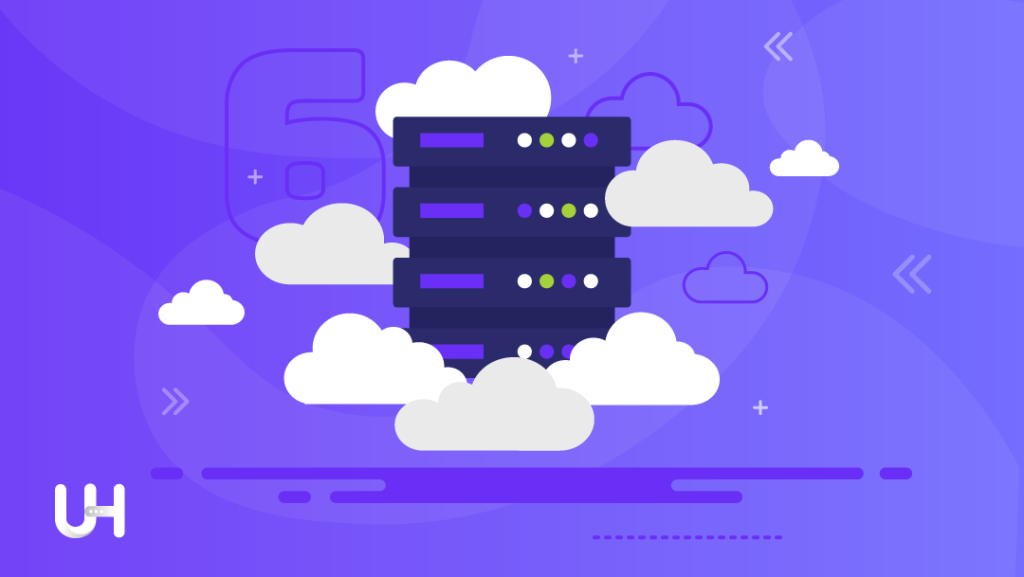
The protection provided by your hosting provider
The simplest solution is anti-DDoS protection from your hosting provider. If your provider does not offer such a service, it is worth considering changing it to one that uses a professional carrier-grade anti-DDoS system.
Benefits of protection provided directly by your hosting provider:
- The operator cares as much as you for the system to work effectively because it does not want volumetric attacks or protocol attacks to burden its network;
- Virtually no delays in the delivery of legitimate traffic because all activities take place within a single network;
- Convenient management of services in one panel: bandwidth saturation preview, threat monitoring software, DDoS attack reports, and the ability to change the protection plan.
The protection system consists of two mechanisms. The first monitors the traffic patterns, checking its quality before it reaches your web server. When warning signs are detected, a second mechanism comes into action. Bad traffic is redirected to the scrubbing center on separate servers and filtered. Regular traffic is sent to you.
During exceedingly intense Distributed Denial of Service attacks, scrubbing may turn out to be inefficient. Then it is necessary to cut out traffic jam (blackholing) until the attack is over. It is an extreme action because it involves the loss of legitimate users.
It is the general principle of operation, but as with everything: the system is unequal in terms of efficiency. So what features ensure high efficiency?
- Instant anomaly/attack signatures detection and fast launching of the defense procedure;
- The automatism of reaction;
- In-depth and self-learning traffic monitoring algorithms based on a global, rich, and constantly updated known attack signatures database;
- Frequent sampling of traffic for deviations from the norm.
Cloud-based DDoS protection
There are also non-hosting companies offering protection against DDoS attack as a cloud service. In this case, it doesn’t matter where your website is located. There are two variants of such protection: redirection of traffic spikes in the case of an attack or permanent redirection of all traffic to an external cleanup center in the cloud services.
In the first case, the redirection of incoming traffic to the cloud is triggered by an anomaly. The cloud providers filter out the fake traffic and send the correct one back to you. You pay for abnormal traffic volume, so no attacks/anomalies mean no costs, which may seem like an advantage.
However, depending on the frequency and size of attacks, the costs can become overwhelming, and they are difficult to predict or even generally estimate and include in budget plans.

In the second case, the mechanism is identical, but all incoming traffic is redirected to the data centers before it reaches you. The provider checks its quality and filters out suspicious fragments. Only safe and legitimate traffic is sent to you. Sounds great, but note that this increases the constant delay in packet transmission, which in some industries or types of business may not be acceptable.
Another way to prevent a DDoS attack is to use the content delivery network. A good CDN provider uses best security practices and dozens of servers to defend your services against DDoS attacks.
Top-down resignation from part of the movement
One way to defend against DDoS attacks is to block all traffic from suspicious sources. You can indicate which countries or regions of the world you want to block. This solution can be effective, or at least sufficient, as long as you can determine where your customers/partners/suppliers are contacting from and where they are not.
It is also worth remembering that there is a risk that by such mechanical cutting of HTTP requests according to geographical criteria, you may lose desirable traffic. It will prevent some DDoS attacks, but it can also block an attempt to contact the company with an offer of cooperation.
Giant bandwidth
What if you buy a much larger network’s bandwidth than your company needs to run your business? You can hope that in the event of an attack, it will handle the increased traffic without compromising the desired communication. Hope – but not a certainty.
First of all, as we mentioned, attack volumes increase by leaps and bounds, and there may be an attack more massive than the target server can handle. Also, this method works against volumetric DDoS attacks but not against application attacks.
Also, think about the costs of such a solution. Hosting with more bandwidth will be much more expensive than hosting with the same parameters but standard bandwidth.
Firewall and antimalware systems
Unfortunately, if you secure the server with web security tools such as a firewall, Intrusion Prevention System, or even Security Operation Center they will not prevent DDoS attacks. Such security mechanisms are, of course, necessary and effective, but for completely different types of online threats. Viral infection and malicious requests require another type of protection.
Do you want to protect your website against other types of threats? Be sure to read our article on how to secure WordPress websites!
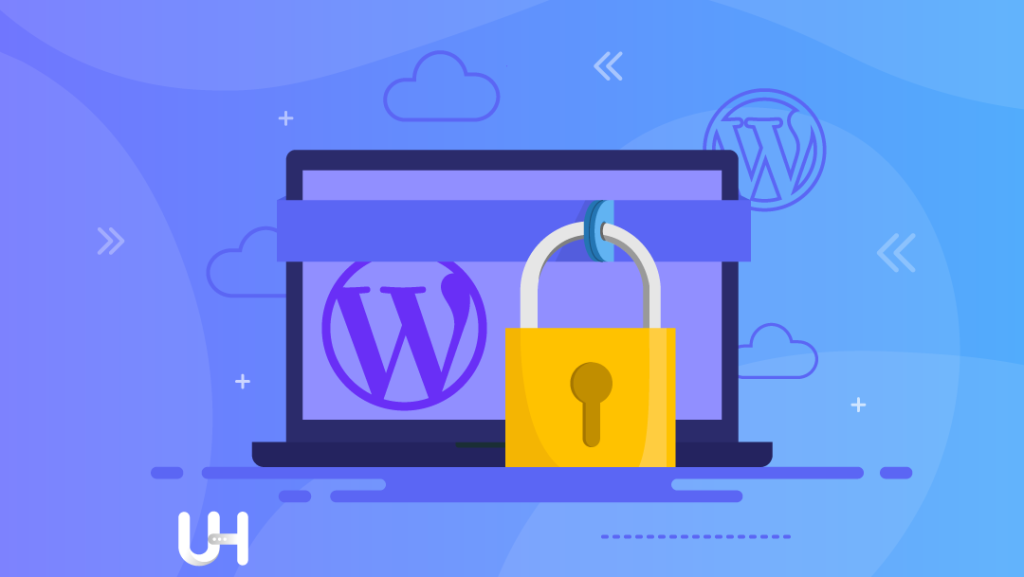
Waiting strategy
Some companies believe that anti-DDoS prevention is an unnecessary cost. When an attack occurs, they only wait it out and then go back to work as if nothing happened. It may seem like a good and low-cost idea to deal with the problem – but probably only for the first attack.
Site unavailable and the unavailability of your online store would cause harmful consequences: the inability to serve customers, manage deliveries, and lack of contact with business partners. Remember that a DDoS attack does not only affect the website but the entire server and web apps. Customer accounts, mailboxes, and other scripts and services online hosted on the server will stop working.
It is impossible to predict when an attack will occur or when it will end. And the longer it lasts, the greater the financial and image losses for the company. Passively waiting for the end of a DDoS attack is like watching money spill out of your wallet into a river. What if your competition finds out about the vulnerability of your business and wants to take advantage of it?
Is my website in danger?
Small companies often believe that DDoS attacks are directed only at large enterprises. Meanwhile, the majority of attacks are carried out by botnets that do not analyze their targets but attack blindly, which means that any business can fall victim to cybercriminals.
In addition, the brutal truth is that a DDoS attack on your company may be commissioned, for example, by competitors who do not respect the rules of fair play.
To protect your website against DDoS attacks, it is worth securing it with DDoS-protected VPS. UltaHost has developed remarkable protection mechanisms thanks to which it recognizes 99% of all attack patterns and starts filtering them automatically when it detects the first signs of a possible DDoS attack.
Security systems limit the risk of DDoS attacks already at the stage of target selection by botnets. The second layer of defense is the Cloudflare CDN system, which mitigates 80% of attacks. However, even when an attack is launched, the BitNinja system is ready to protect against DDoS attacks up to 3500 Gbps.
You can also check on our blog what other factors, apart from security, should characterize the best hosting. Read the article on essential features of web hosting.
Conclusion
Protection against DDoS attacks is essential. It is crucial to block abnormal traffic, false data requests, and other attacks that could damage or disable your services. Successful DDoS attacks will be associated with damage to your company, so preparing security teams to fight this threat will not be money thrown down the drain. Effective protection systems will protect your website and your company from much greater damage.
At UltaHost, we are well aware of all of this. Our priorities are safety and customer support. However, we care about performance, which is why our servers are also lightning-fast, efficient, and reliable.
It is obvious that you will love UltaHost hosting platform. Get top-notch security of DDoS Protected VPS with 24/7 support from our team of experts. Our powered on SSD NVMe disks infrastructure focuses on auto-scaling, performance, and security. Let us show you the difference! Check out our plans!





